What Scientists are Calling a “Once in 7.5 Million Year Event” is Happening in Antarctica
Antarctica is undergoing a crucial change. Its vast icy expanses are rapidly decreasing, and this alteration is signaling deeper environmental shifts.
Scientists are raising alarms about this unusual phenomenon, emphasizing its rarity and potential implications for the global climate.
Ice Coverage Hits Record Lows
In the past eight years, Antarctica’s sea ice has plummeted to record lows four times.
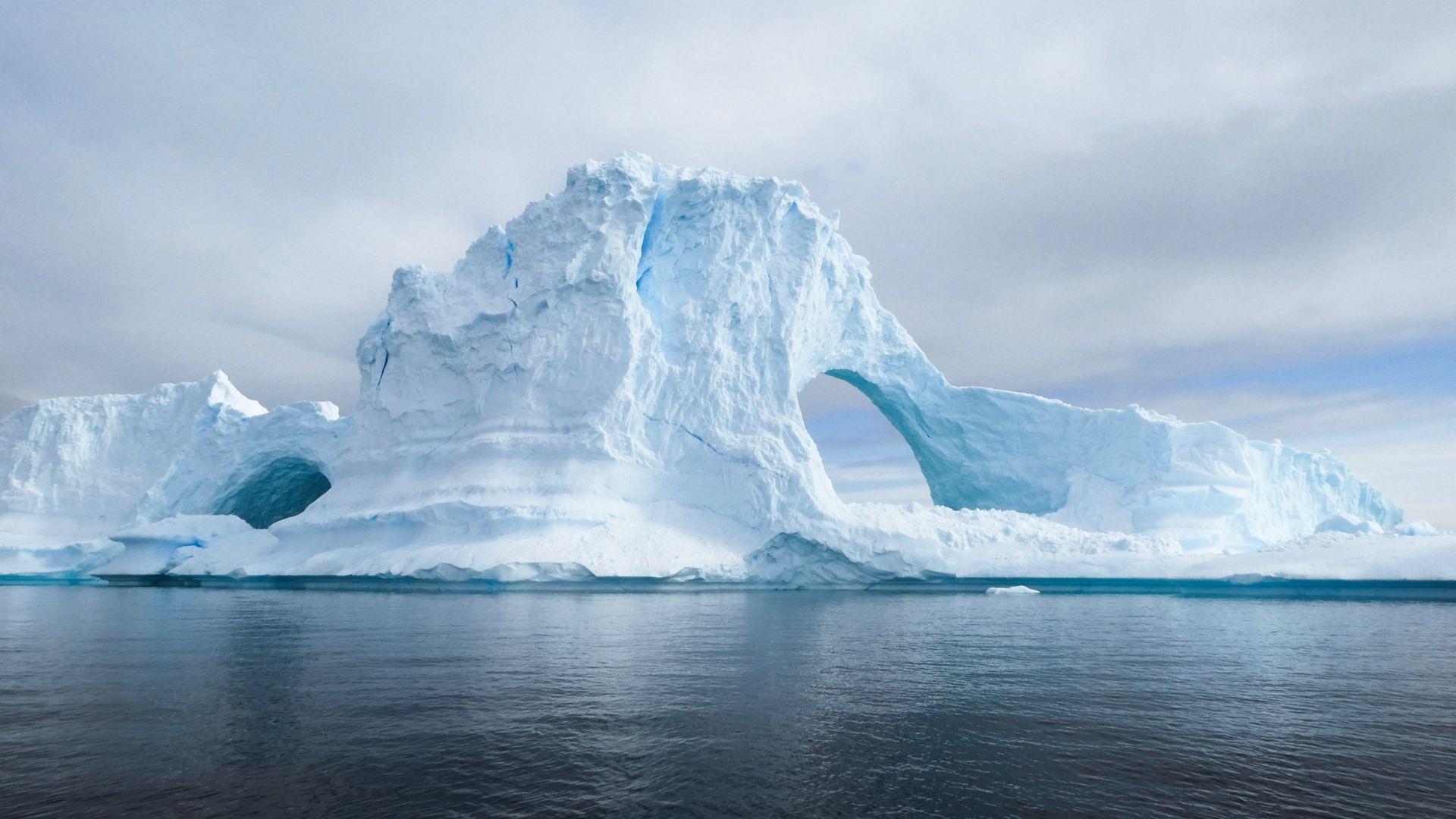
Source: Derek Oyen/Unsplash
Although sea ice would typically restore post-summer, this year’s winter paints a different, concerning picture, making experts wary about the implications.
An Unusual Winter
This year, Antarctica’s winter stands out. Expected sea ice reformation is notably absent.
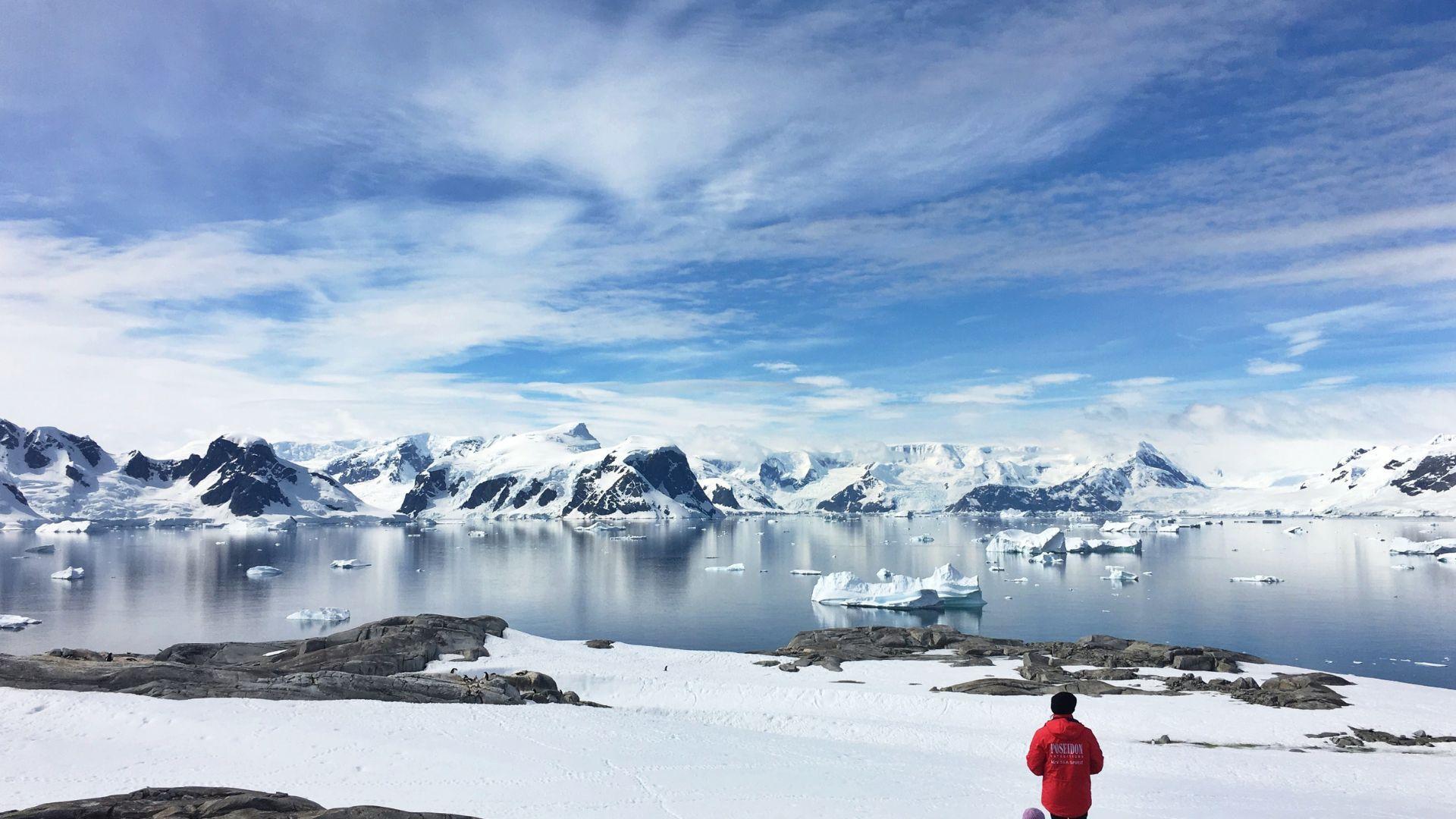
Source: Cassie Matias/Unsplash
Large stretches of the Antarctic coastline, usually concealed by ice, are now glaringly visible, causing concern among the scientific community.
Expert Analysis
Edward Doddridge, an esteemed oceanographer, stresses the event’s exceptionality.
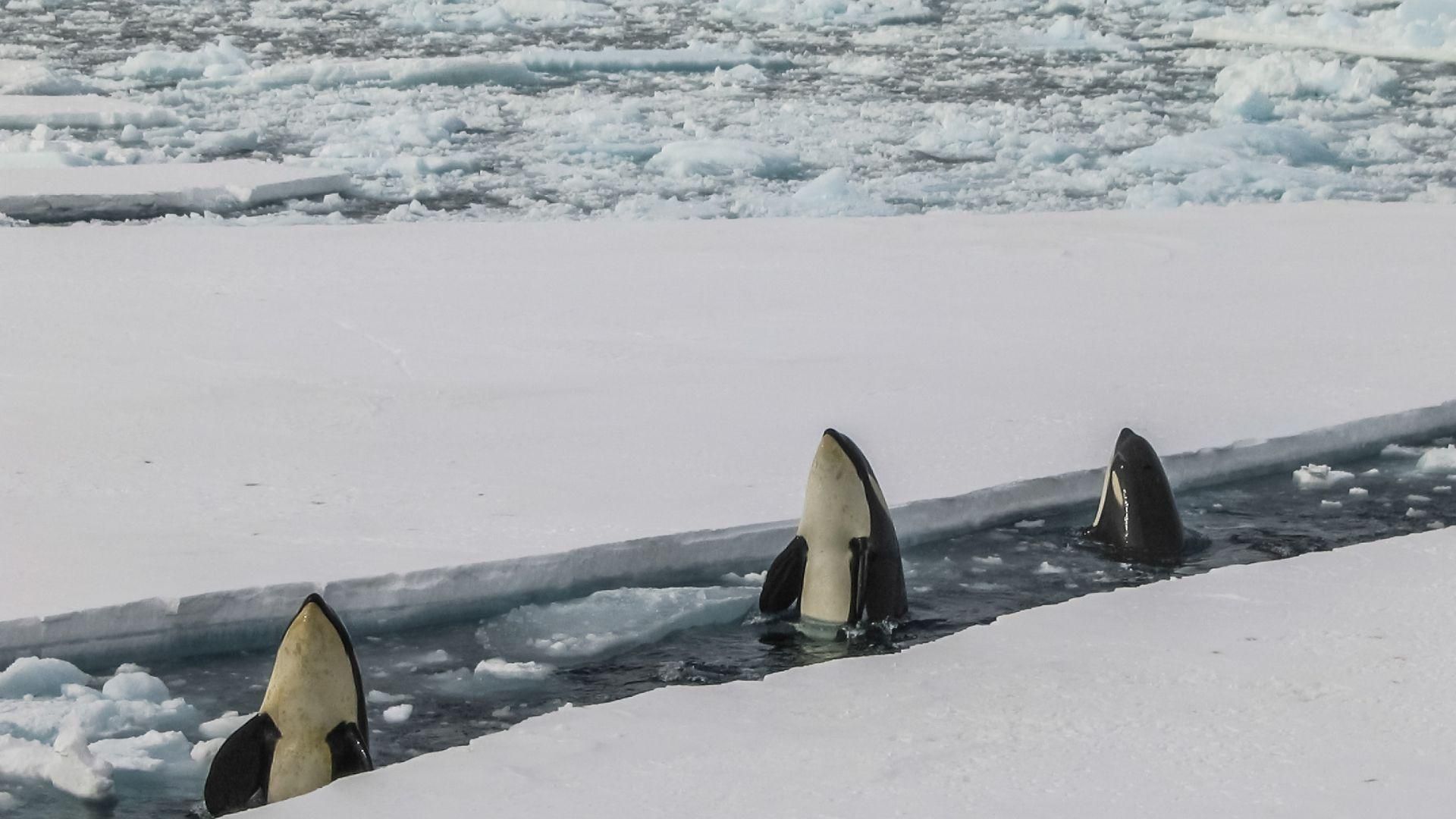
Source: Bryan Goff/Unsplash
He says “This is a five-sigma event. … Which means that if nothing had changed, we’d expect to see a winter like this about once every 7.5 million years. … There are people saying it could be natural variability … but it’s very unlikely.”
The Underlying Causes
Many wonder if this is nature’s doing. However, a stronger consensus among scientists indicates human activities as the culprits.
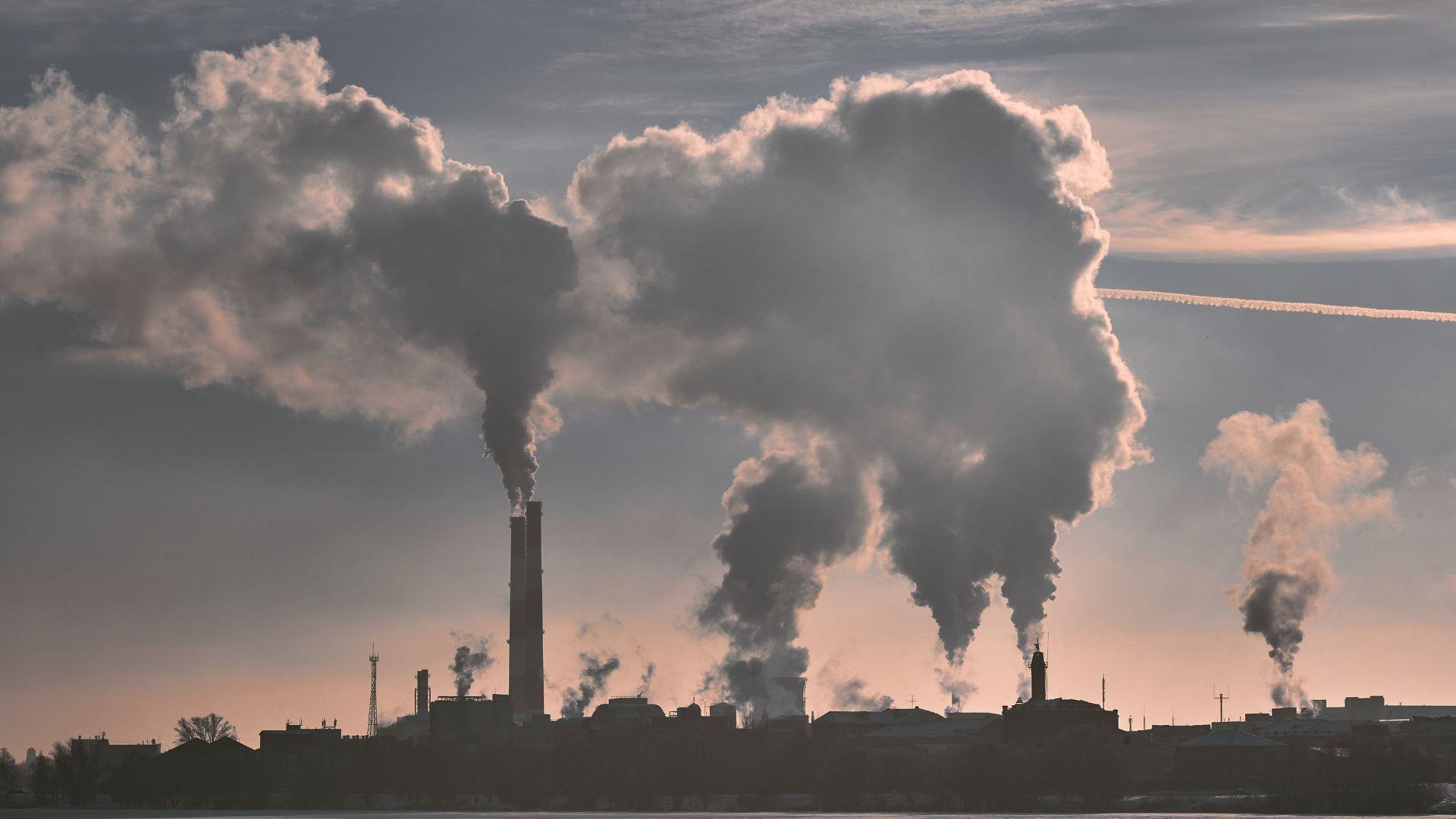
Source: Maxim Tolchinskiy/Unsplash
Our actions have escalated air pollution, trapping heat and influencing both global temperatures and ice conditions.
The Importance of Sea Ice
Antarctic ice is more than just a frozen mass.
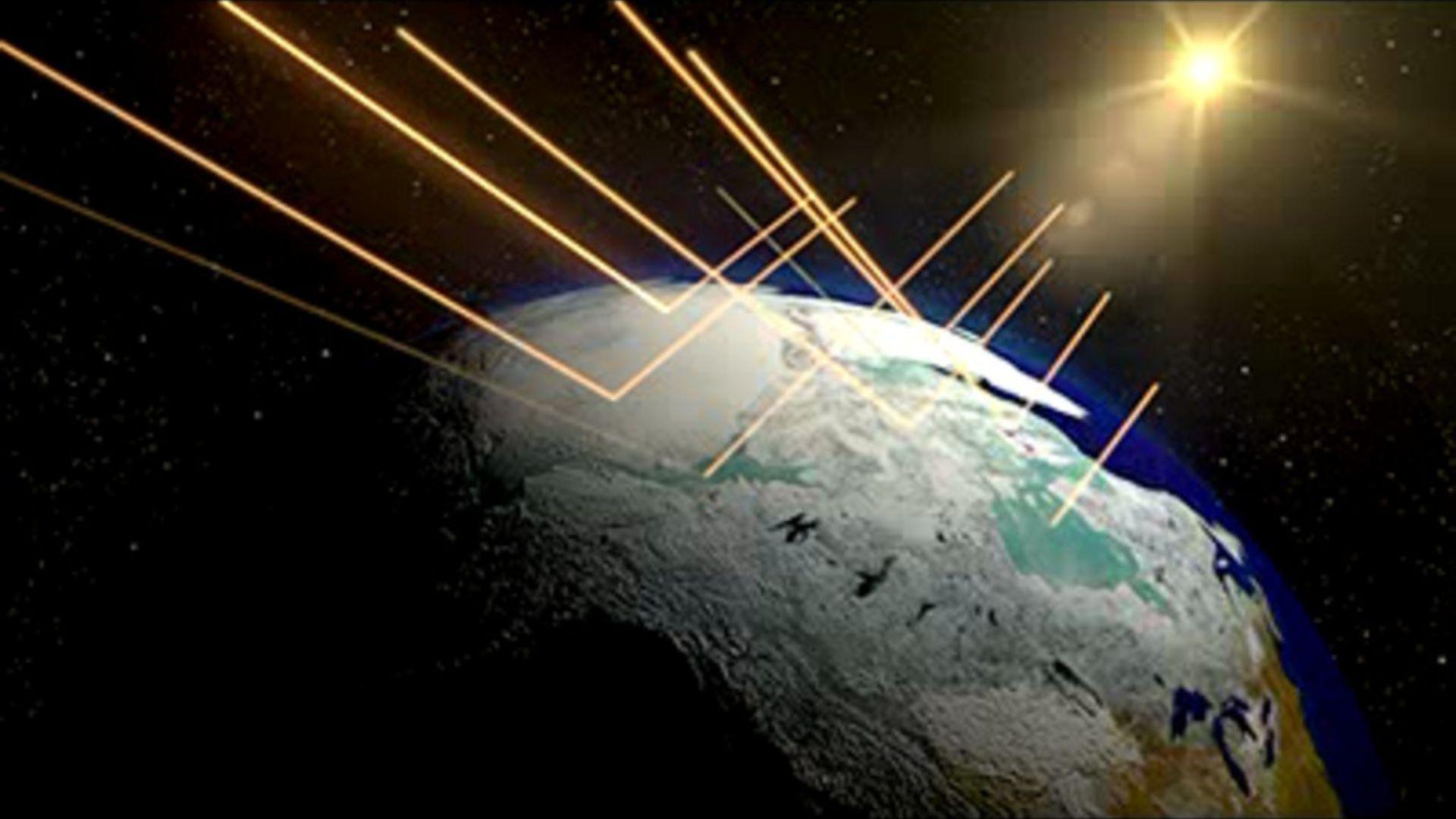
Source: NASA's Scientific Visualization Studio
It’s Earth’s thermostat regulator due to the albedo effect, reflecting sunlight and keeping our planet from overheating. Its decline spells potential climate chaos.
The Heating Feedback Loop
The vanishing sea ice triggers a troubling “ice-albedo feedback”. As less ice reflects sunlight, oceans absorb more heat.
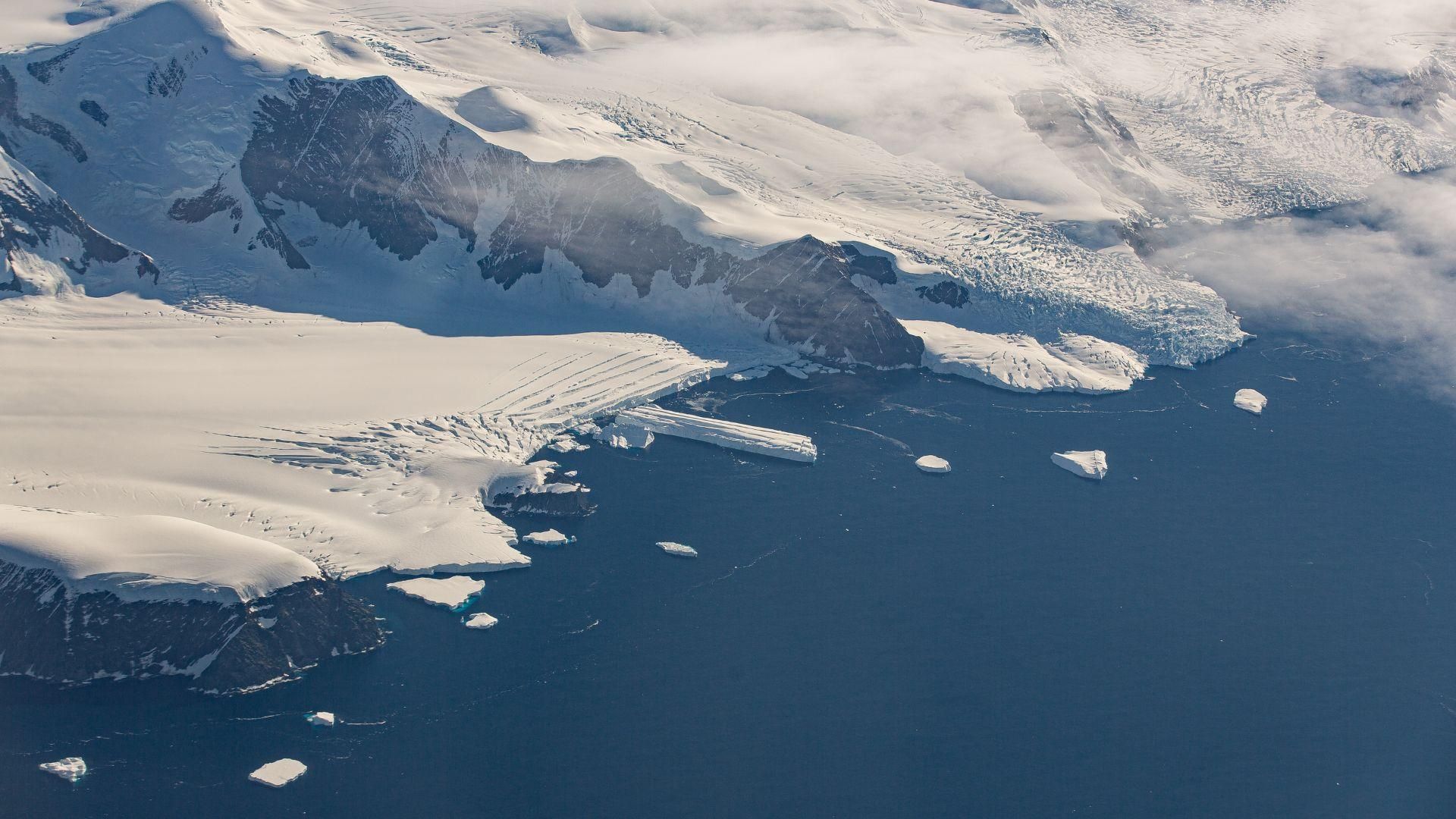
Source: Matt Palmer/Unsplash
This only fast-tracks the melting of the remaining ice, intensifying the planet’s warming—a grim loop we’re now caught in.
The Impending Climate Shift
Dr. Petra Heil, an expert on sea ice, warns of a possible planetary climate overhaul.
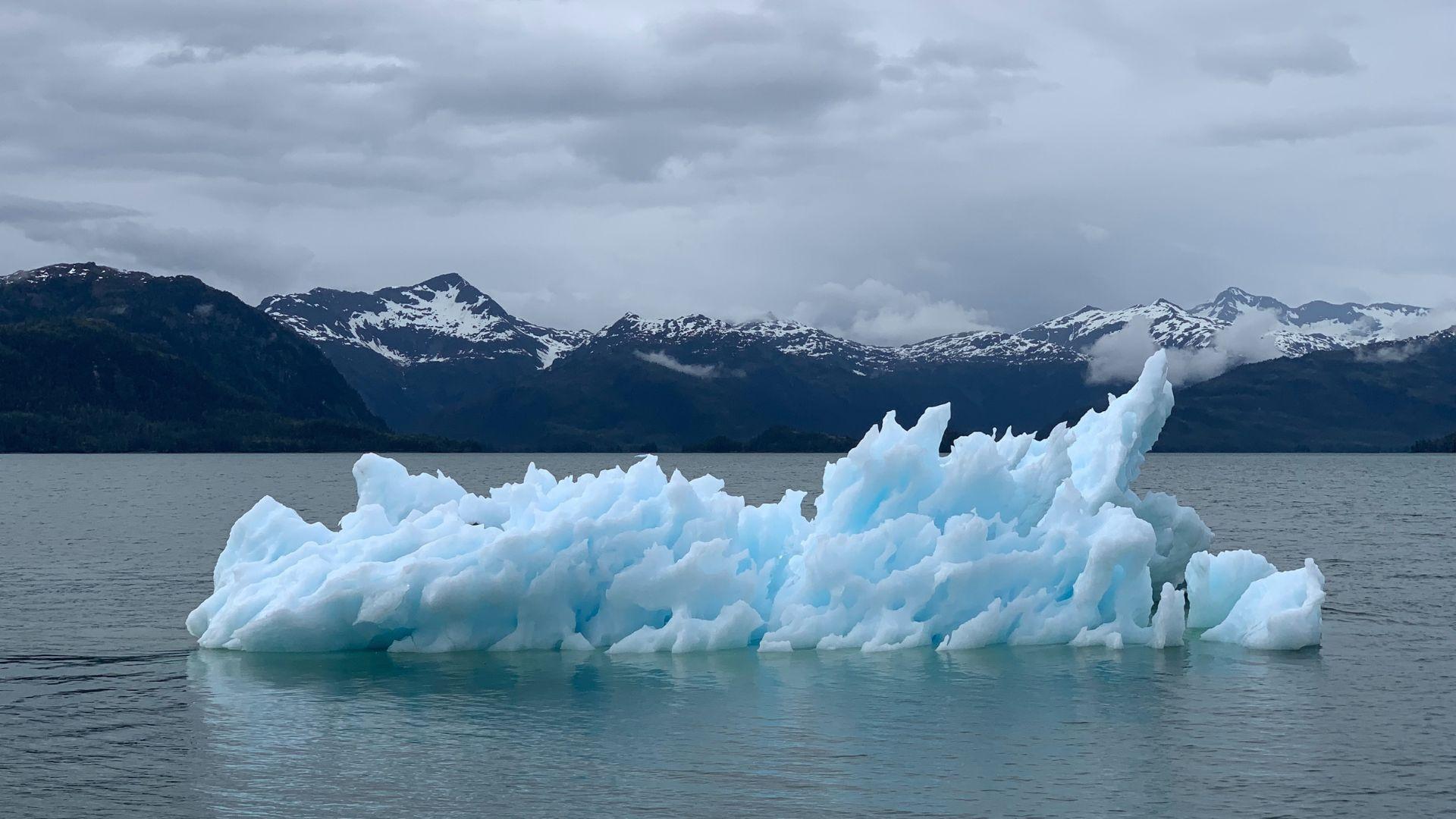
Source: Melissa Bradley/Unsplash
The continuous ice loss could push Earth’s climate to an unstable state, jeopardizing human survival conditions worldwide.
Diverse Ecosystems under Threat
Elevated temperatures threaten more than just ice. Vital ecosystems—from fish populations to farmlands to the vital rainforests—are in peril.

Source: Amy Reed/Unsplash
These are cornerstones of human sustenance, and their potential loss is deeply troubling.
The Call for Urgent Action
The root of the crisis? Air pollution is causing planetary heating. The solution, experts suggest, lies in immediate interventions.
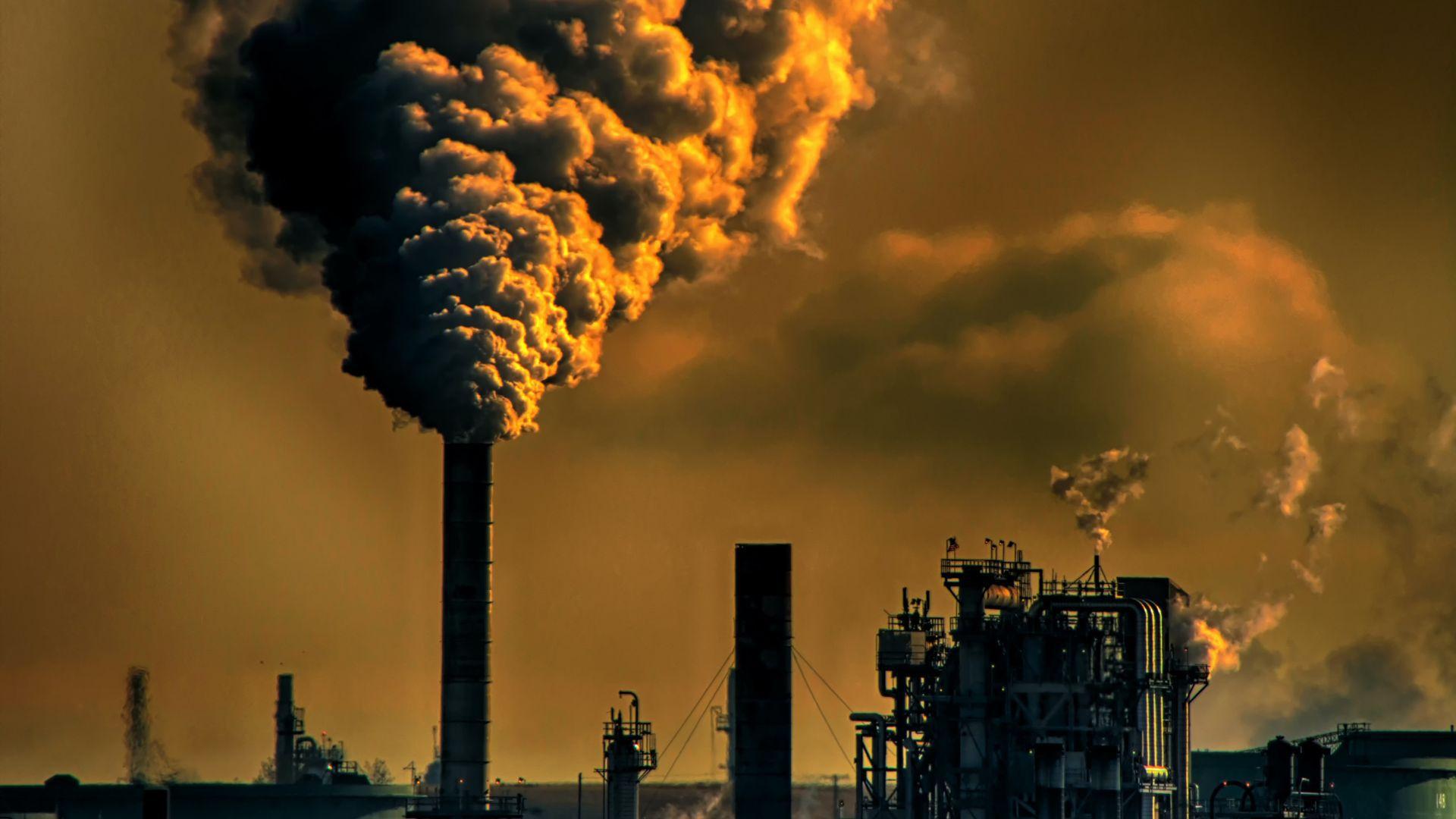
Source: Chris Leboutillier/Unsplash
We must drastically reduce pollutants to halt this escalating environmental challenge.
Immediate Effects, Not Distant Worries
Some believe these shifts are a future concern.
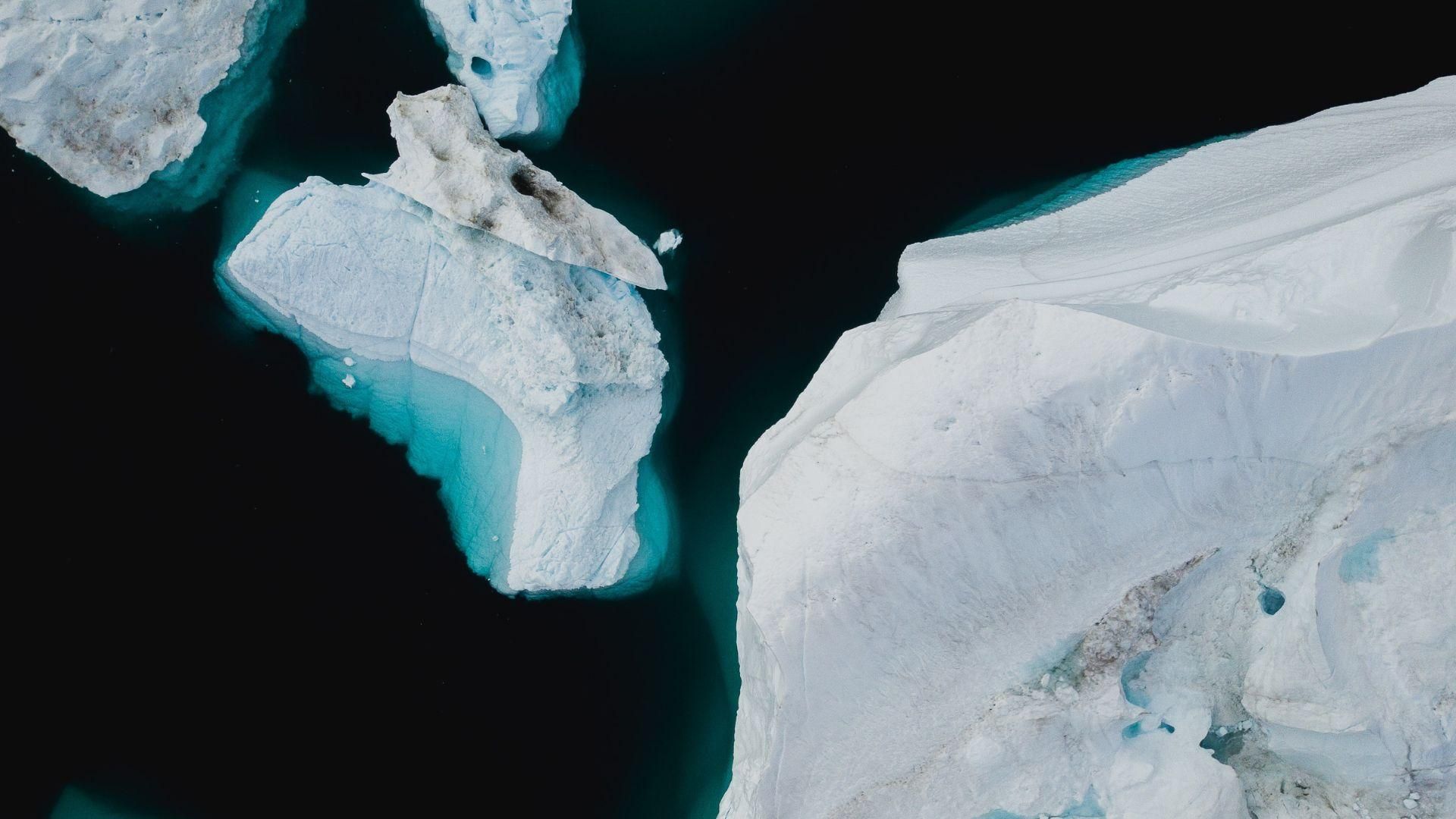
Source: Annie Spratt/Unsplash
On the contrary, Dr. Petra Heil asserts that the repercussions of current ice melt trends are imminent, pressing the urgency of the situation upon the present generation.
Global Call to Action
Antarctica’s predicament isn’t isolated. It’s a loud, clear warning sign of larger environmental challenges, primarily fueled by human actions.
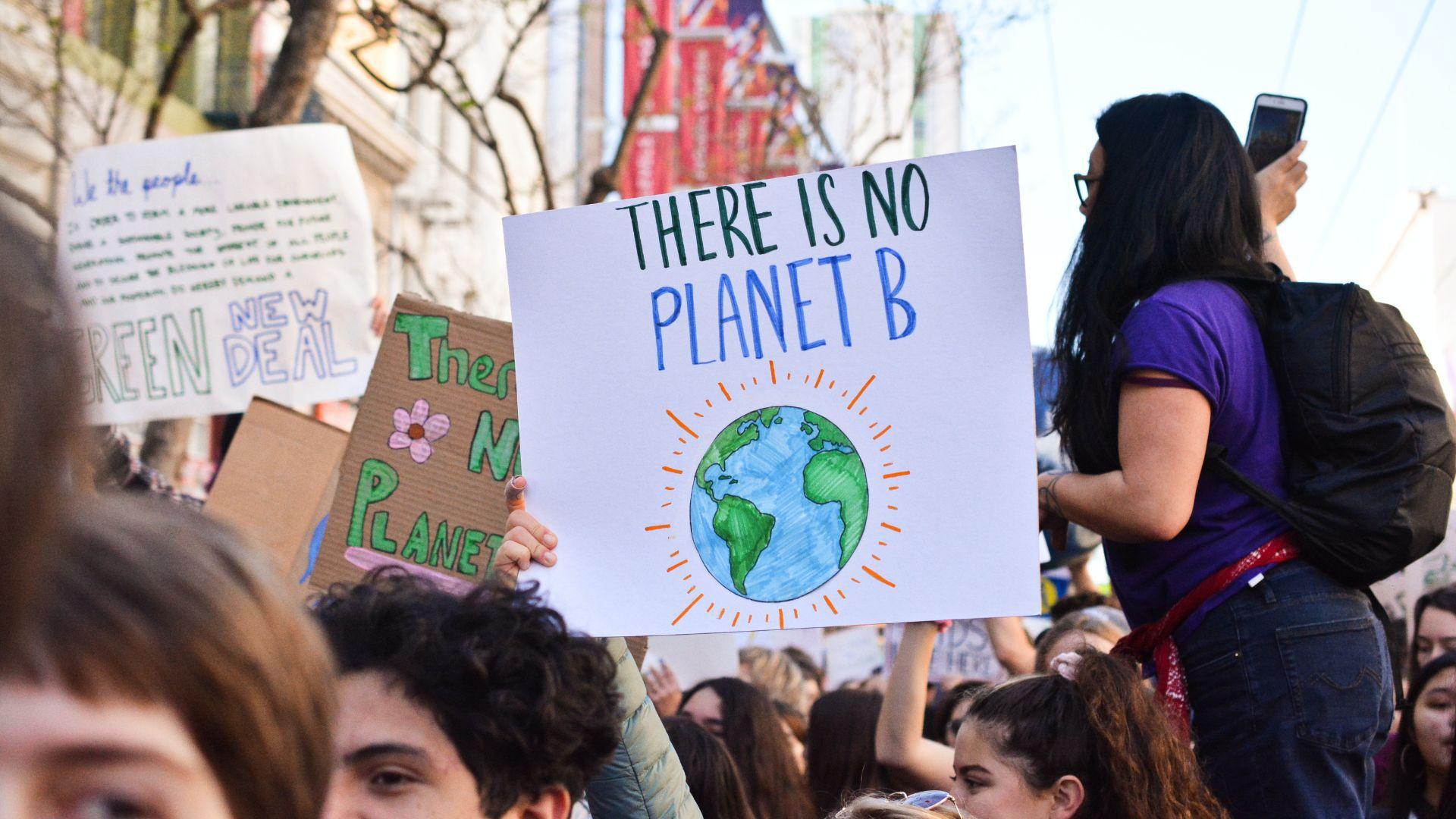
Source: Li-An Lim/Unsplash
Recognizing and actively addressing these issues is vital for Earth’s future well-being.
